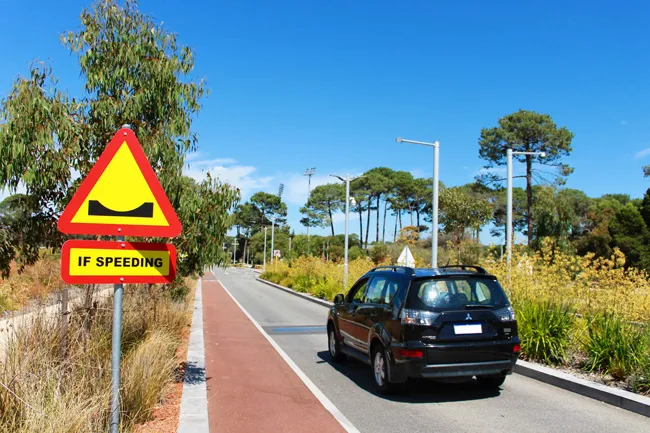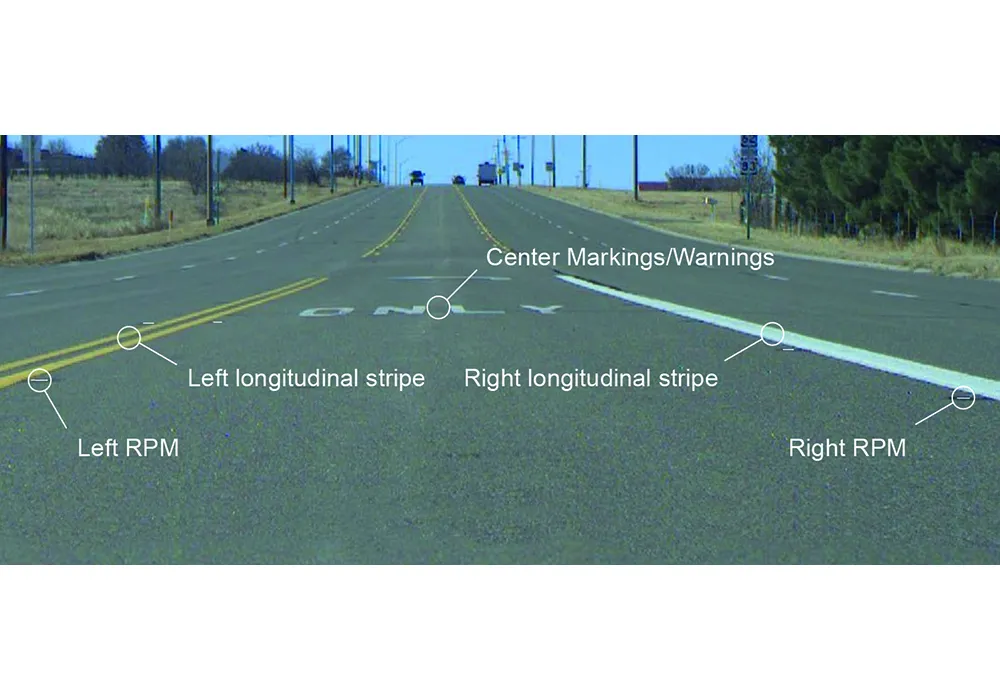
“We expected the same effect as in Sweden,” said David Eskilsson, general manager at
In January 2018 Curtin University installed four of the active speed bumps to reduce the number of speeding drivers, particularly on semester week days when there are a lot of pedestrians and vehicles on campus. Each day around 2,000 vehicles use the street which has a speed limit of 40km/h.
“The use of the smart speed bumps also provides a steadier flow of traffic, which makes it easier for pedestrians to judge the speed of the approaching vehicle,” said Graham Arndt, director of operations and maintenance at Curtin University. “Additionally, the units have been maintenance free and operated continuously for a year without the need for any intervention.”
Arndt said the university will be installing another set of two active speed bumps on Townsing Drive and another active speed bump will replace a so-called dumb bump - a moulded black plastic bump near the Manning Road entrance. The Actibump traffic safety system allows full accessibility for all vehicles driven at, or under, the set speed limit. Speeding vehicles are physically reminded of the speed limit by an inverted speedbump. A radar measures the speed of the oncoming vehicles and speeding vehicles activate a hatch that is lowered a few centimetres into the road surface. Drivers were surprised to see the road “disappear in front of them” and this made them slow down, said Arndt.
For non-speeders the hatch remains level with the road surface. Edeva says that independent evaluations have shown that the system decreases the noise, improves yielding behaviour and decreases the speed to that of the speed limit of around 3km/h, regardless of speed limit or previous speeding behaviour.
Speed limit and other variables are set through a web-based interface that also presents the statistics collected by the system.
Edeva says that around 50 Actibump units have been installed worldwide, with most of them in Sweden including in Linköping, Malmö, Helsingborg, Karlstad and two of them are installed in Ystad, on the European road network E65 owned by the Swedish Transport Administration.









